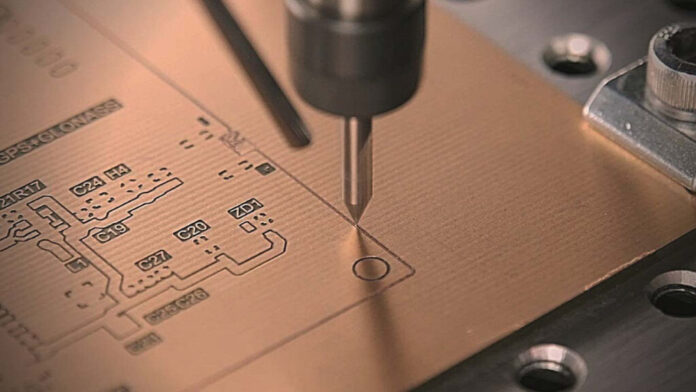The electronics manufacturing industry demands precision that was unimaginable just decades ago. Component placement accuracies measured in micrometers, assembly speeds exceeding thousands of parts per minute, and quality standards approaching zero defects create unique challenges for production equipment. Within this high-precision environment, specialized lubrication approaches become essential for maintaining the mechanical systems that enable such remarkable manufacturing capabilities. Kernow Oils provides precision lubrication solutions tailored for the exacting demands of electronics manufacturing.
Surface mount technology (SMT) assembly lines represent some of the most precise mechanical systems in manufacturing. Pick-and-place machines must repeatedly position components weighing milligrams with micrometer accuracy while operating at speeds that maximize production throughput. The linear actuators, rotary tables, and vision systems supporting these operations require lubricants that provide smooth, consistent motion without introducing vibration or positioning errors that could compromise assembly quality.
Cleanroom environments common in electronics manufacturing impose strict limitations on lubricant selection and application methods. Conventional lubricants may generate particulates or outgas volatile compounds that contaminate sensitive assembly processes. Specialized cleanroom-compatible lubricants with minimal particle generation and low volatility characteristics become essential for maintaining both equipment performance and environmental cleanliness standards.
Temperature management represents a critical consideration in electronics manufacturing lubrication. Wave soldering and reflow ovens expose nearby equipment to elevated temperatures, while some assembly processes occur in temperature-controlled environments. Additionally, the heat generated by high-speed mechanical motion in precision equipment requires lubricants capable of maintaining their protective properties under thermal stress while providing effective heat dissipation.
The miniaturization trend in electronics creates increasingly demanding requirements for lubrication precision. Micro-bearings, tiny gear trains, and miniature actuators require lubricant application in quantities measured in milligrams while maintaining consistent coverage over extended operating periods. Traditional application methods often prove inadequate for these applications, necessitating specialized micro-lubrication systems capable of precise delivery.
Static electricity management becomes crucial in electronics manufacturing lubrication. The rapid motion of mechanical components can generate static charges that damage sensitive electronic components or create safety hazards. Anti-static lubricant formulations help dissipate these charges while maintaining mechanical protection, contributing to both product quality and workplace safety in electronics assembly operations.
Quality control requirements in electronics manufacturing extend to lubrication practices through statistical process control and traceability systems. Batch tracking of lubricant lots, documentation of application procedures, and correlation with production quality metrics help identify optimization opportunities and ensure consistent results. These systematic approaches transform lubrication from routine maintenance to a controlled process variable.
The rapid evolution of electronics technology continuously introduces new lubrication challenges. Flexible electronics manufacturing requires equipment capable of handling delicate substrates without damage. Advanced packaging technologies demand precision handling of increasingly complex component geometries. Each technological advancement creates new mechanical requirements that must be supported through appropriate lubrication solutions.
As electronics manufacturing embraces Industry 4.0 concepts including predictive maintenance and real-time quality monitoring, lubrication practices will become increasingly integrated with overall production control systems. Sensor-equipped lubrication systems providing real-time feedback on mechanical system condition will enable optimization of both equipment performance and product quality in ways previously impossible.
For more information on electronics manufacturing standards, visit the IPC Association or explore resources from the Surface Mount Technology Association.





















